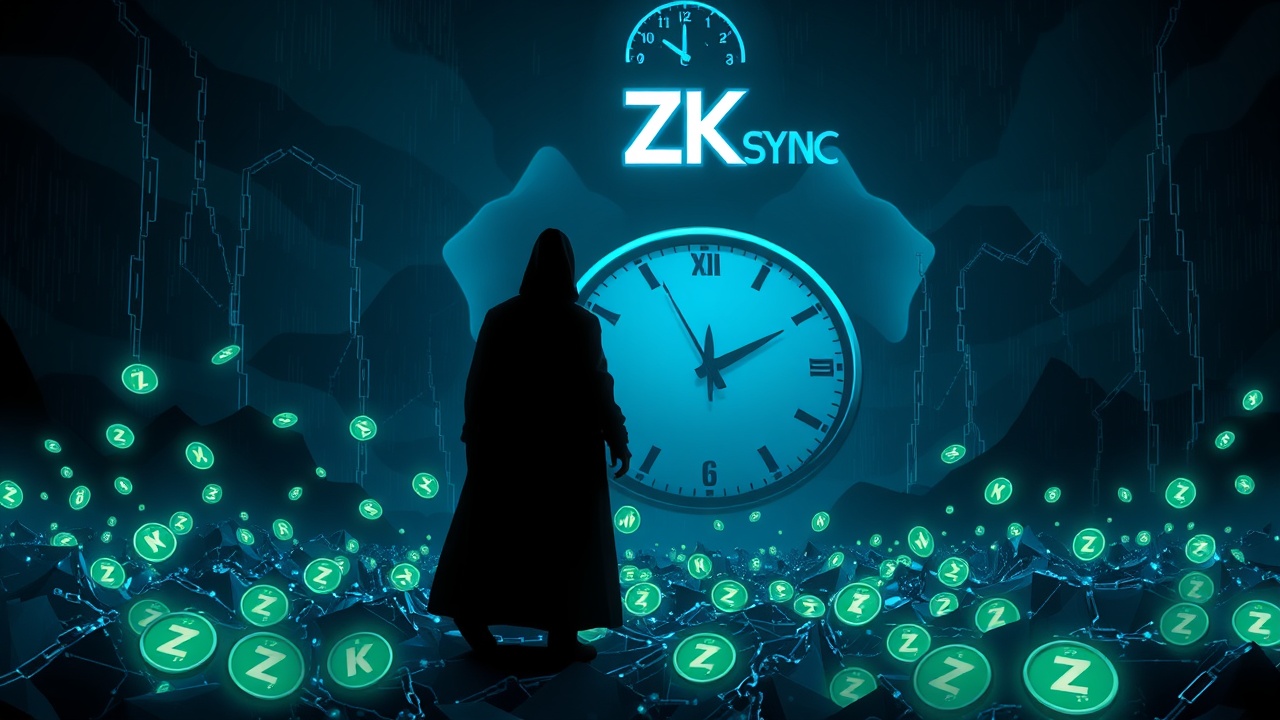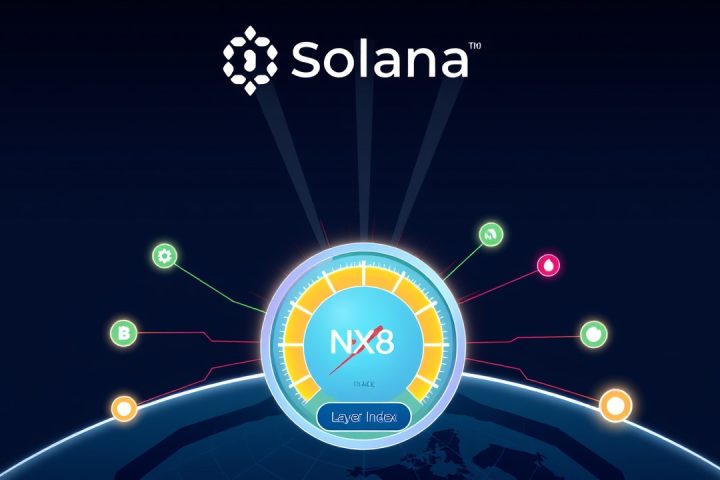Recent Security Incidents in the Cryptocurrency Sector
Recently, the cryptocurrency sector has been witnessing a series of alarming security incidents, reminiscent of a disruptive Mercury retrograde. One significant event unfolded on April 15, involving ZKsync, which was once celebrated as a leading player among Layer 2 solutions.
The ZKsync Breach
On that evening, it came to light that the platform experienced a security breach involving its project tokens. Although the details were not initially revealed by the ZKsync team, by 9 PM the same day, community insiders reported troubling news: ZKsync had generated 110 million tokens on the blockchain and sold 66 million of them. Alarmingly, the token unlock schedule indicated that both team and investor tokens remained locked, raising red flags among users.
As a result of this revelation, ZK token prices plummeted, dropping below $0.40 within just thirty minutes, hitting a low of $0.03972. In response, South Korean exchange Bithumb took precautionary measures, halting all deposits and withdrawals for the token until the market exhibited signs of stability. In response to inquiries, ZKsync officials announced via their official Discord channel that they were actively investigating the matter.
Community Reactions and Speculations
“Did the team truly remain ignorant of the breach, or were they trying to prevent panic among users?”
As speculation emerged about whether the project was intentionally inflating the token supply, ZKsync attempted to clarify the situation. They claimed that a hacker minted 111 million tokens from an airdrop distribution contract around 8 PM (UTC+8) on April 13 and subsequently sold them across different chains. Currently, only about 44.68 million ZKs remain, valued at roughly $2.12 million — a mere 0.34% of the total token supply.
This suggests the recent price decline was not solely due to a sell-off by the hacker but was significantly influenced by the rush of panic selling triggered by the public revelation of the theft. Despite a recovery to above $0.045, the community is left questioning ZKsync’s delayed acknowledgment of the theft of airdropped tokens.
Concerns Over Internal Security
Speculation has arisen regarding potential internal theft, particularly questioning the security of the administrator’s account key. As the community grapples with these uncertainties, the primary concern shifts to how ZKsync plans to manage the aftermath of the stolen assets. Can the stolen funds be recovered, or will they remain untraceable?
The vulnerabilities highlighted in this incident underscore the dangers posed by centralized control within a framework that purports to be decentralized. Ensuring stringent account access controls is as critical as the security of smart contracts themselves.
The Role of Administrative Keys
The ongoing saga of the ZKsync breach emphasizes that the safety of administrative keys is crucial for the overall security of crypto projects. Meanwhile, as hackers continued to benefit from their illegal gains, the founder of ZKsync took to social media to assert that while the project’s core code was secured, it was the administrator key that had been compromised, causing the current turmoil.
Although ZK proof technologies have been hailed as superior solutions for Ethereum’s Layer 2 challenges, the ease of the theft suggests a glaring lapse in protective measures around their airdrop contract, akin to a high-tech fortress still vulnerable to primitive attacks.
“Predicting such unforeseen events is impossible.”
When the community criticized the lack of foresight regarding potential risks of such a breach, the founder defended the project, emphasizing the commonplace nature of such attacks, which highlights significant oversight in security preparedness within the ZKsync team.
Operational Viability and Future Challenges
Currently, ZKsync’s Total Value Locked (TVL) sits at $55.29 million, positioning them at 52nd place in the market. Their daily revenue has dwindled to a meager $2,178, with recent figures showing earnings below $5,000 since September 2024, in stark contrast to competitors like Arbitrum that consistently surpass $10,000 a day.
The current trajectory suggests ZKsync is facing a grim reality reminiscent of a video game’s catastrophic ending, rather than a triumphant narrative. As challenges mount, the hope remains that ZKsync can recover and reinstate trust among its stakeholders before it is too late.




